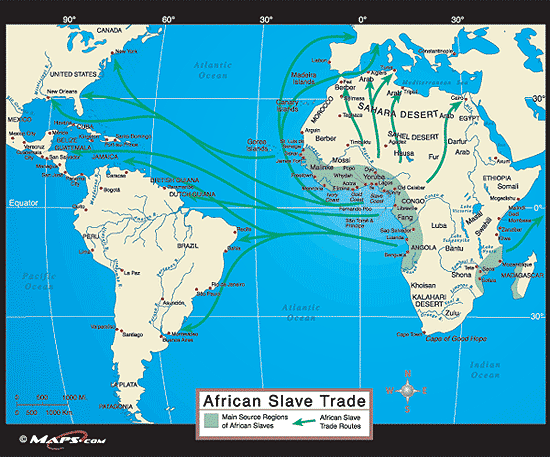The story is about a New Hampshire farmer, Jabez Stone, who is plagued with unending bad luck. It is set in 1841.
Stone swears that "it's enough to make a man want to sell his soul to the devil!" When Satan, disguised as "Mr. Scratch", arrives the next day, he makes such an offer, and Stone reluctantly agrees to the deal.
Stone enjoys seven years of prosperity, and later bargains for three more years, but as the "mortgage falls due," he convinces famous lawyer and orator Daniel Webster to argue his case with the Devil.
At midnight of the appointed date, Mr. Scratch arrives and is greeted by Daniel Webster presenting himself as Stone's attorney. Mr. Scratch tells Daniel, "I shall call upon you, as a law-abiding citizen, to assist me in taking possession of my property," and so begins the argument. It goes poorly for Daniel since the signature and the contract are clear, and Mr. Scratch will not agree to a compromise.
In desperation Daniel thunders, "Mr. Stone is an American citizen, and no American citizen may be forced into the service of a foreign prince. We fought England for that in '12 and we'll fight all hell for it again!" To this Mr. Scratch insists on his citizenship citing his presence at the worst events of America, concluding that "though I don't like to boast of it, my name is older in this country than yours".
A trial is then demanded by Daniel as the right of every American. Mr. Scratch agrees after Daniel says that he can pick the judge and jury, "so it is an American judge and an American jury". A jury of the damned then enters, "with the fires of hell still upon them". They had all done evil, and had all played a part in America:
Walter Butler a Loyalist
Simon Girty a Loyalist
Indian chief Metacomet referred to as "King Philip".
Governor Thomas Dale
Thomas Morton a rival of the Plymouth Pilgrims.
The pirate Edward Teach also known as "Blackbeard".
Reverend John Smeet[1]
After five other unnamed jurors enter (Benedict Arnold not among them, he being out "on other business"), the Judge (John Hathorne) enters last. He had presided at the Salem witch trials.
The trial goes against Daniel in every unfair way. Finally he is on his feet ready to rage, without care for himself or Stone. Before speaking he sees in their eyes that they all wanted him to act out against his better nature. He calms himself, "for it was him they'd come for, not only Jabez Stone".
Daniel begins speaking of simple and good things -- "the freshness of a fine morning...the taste of food when you're hungry...the new day that's every day when you're a child" -- and how "without freedom, they sickened". He speaks passionately of how wonderful it is to be a man, and to be an American. He admits the wrongs done in America, but argues that something new and good had grown from it, "and everybody had played a part in it, even the traitors". Mankind "got tricked and trapped and bamboozled, but it was a great journey" that no "demon ever foaled" could ever understand.
The jury announces its verdict: "We find for the defendant, Jabez Stone." They admit that, "Perhaps 'tis not strictly in accordance with the evidence, but even the damned may salute the eloquence of Mr. Webster". The judge and jury disappear with the break of dawn. Mr. Scratch congratulates Daniel and the contract is torn up.
Daniel then grabs the stranger and twists his arm behind his back, "for he knew that once you bested anybody like Mr. Scratch in fair fight, his power on you was gone." Daniel makes him agree "never to bother Jabez Stone nor his heirs or assigns nor any other New Hampshire man till doomsday!"
Mr. Scratch offers to tell Webster's fortune in his palm. He foretells Webster's failure to ever become President, the death of Webster's sons, and the backlash of his last speech, warning "Some will call you Ichabod," as in Whittier's poem in reaction to the speech. Webster takes all these predictions in stride, and asks only if the Union will prevail. Scratch reluctantly admits that, though a war will be fought for it, the United States will remain united.
Webster then laughs and kicks him out of the house. It is said that the devil never did come back to New Hampshire afterward.
Written by Stephen Vincent Benét
Subscribe to:
Post Comments (Atom)











No comments:
Post a Comment